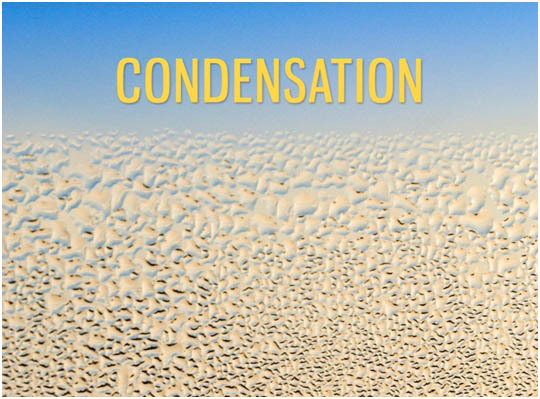

Condensation on windows is an issue that many homeowners often have to cope with. A little fog on the surface once in a while probably won’t bother you, but in excess, it can cover your windows completely. What causes it? What are its long-term effects? How can you deal with it?
Let Renewal by Andersen® of Atlanta, the top provider of double hung windows in Atlanta, answers the five most common questions that you may have about condensation:
What Causes Condensation?
Excess moisture in the air condenses when warm, moist air comes into contact with cooler surfaces. This is because the cooled air next to the cool surface can’t hold as much moisture as the warmer surrounding air.
What Does Condensation on Windows Mean?
This can be a warning sign that excessive indoor humidity may be doing unseen damage to other parts of your home. That’s why we recommend professional window inspections to ensure that they remain in top shape.
Does the Amount of Condensation Depend on the Window Type?
Not necessarily, but bay or bow windows may experience more condensation than other window styles since indoor air circulation around them is more restricted. Openable windows, such as sliding, double-hung, or casement windows in Atlanta may present a stronger resistance since you can simply wipe the fog from both interior and exterior surfaces.
Where Does Indoor Moisture Come From?
There are many things that can contribute to indoor moisture. The normal breathing and perspiration of a family of four can add up to half a pint of water to the air every hour. Other household tasks, such as cooking, bathing, laundry, and pretty much any activity that uses water will add water vapor to the air.
What are the Harmful Effects of Excess Moisture or Condensation?
If you have excess condensation on your windows, you may have good reason to worry, and an even better reason to act. The problem is not exactly with the windows, but what the excess moisture may be doing in other parts of your home. These include:
• Peeling paint or blistering
• Damp spots on ceilings or warm-side surfaces of exterior walls
• Fungus, molds, and mildew growth
The key to dealing with condensation on your windows is to regulate the humidity levels in your home. That’s why when we handle your windows installation in Atlanta, we will also weatherproof any gaps with sealing foam to keep your home as airtight as possible. In addition, all our windows are dual glazed, double paned, and gas-filled units, which provide better insulation and can restrict convection between the panels.
Let us work with you to deal with condensation and its harmful effects in your home today. Call us at (866) 609-5033 or fill out our request form and we’ll contact you shortly.